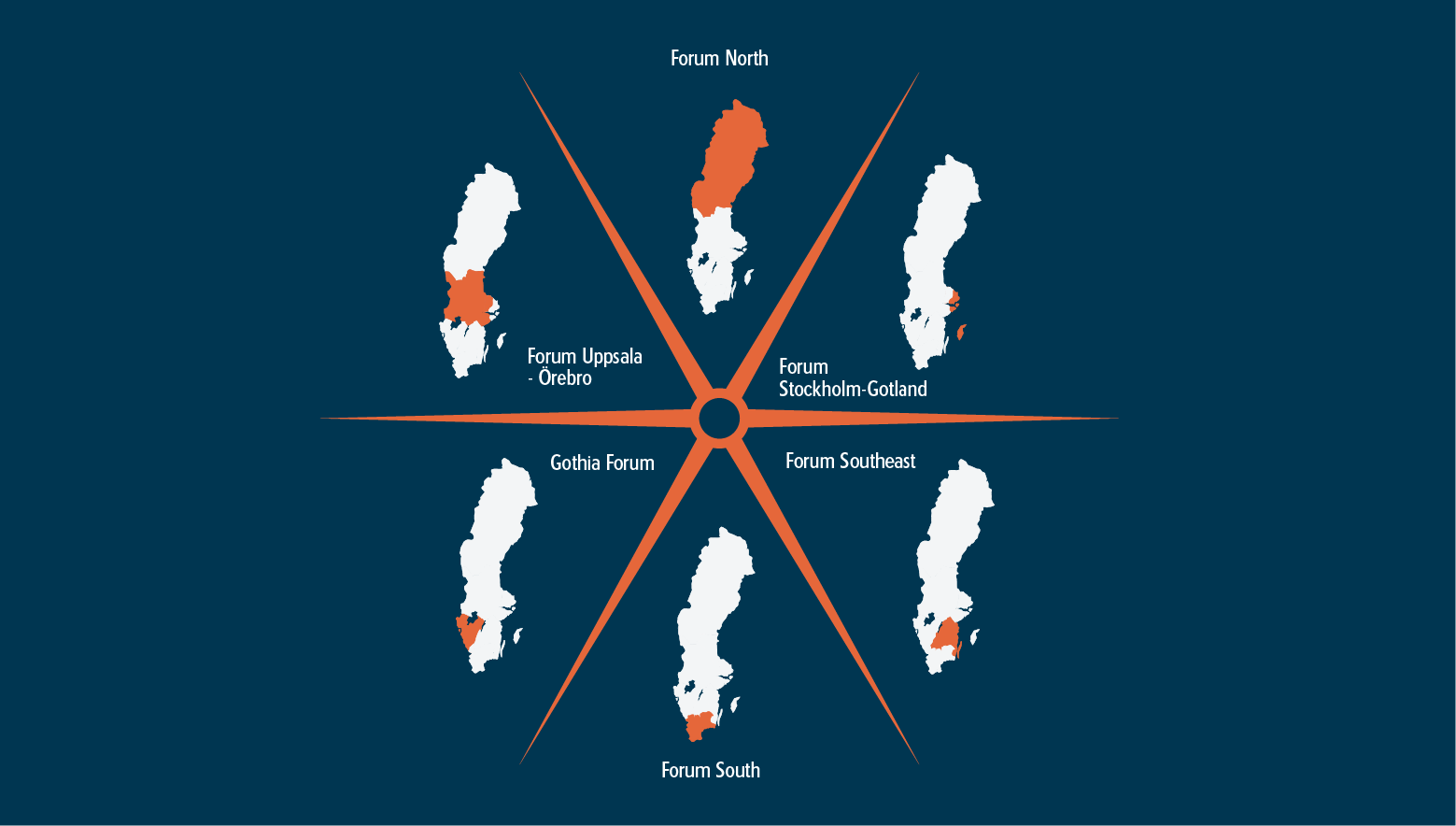News
News
PublISHED ON
UpDATED ON
A further 8 million SEK to support clinical studies relating to COVID-19
The six regional nodes within Clinical Studies Sweden will receive an additional 8 million SEK in total, or 1.3 million SEK each, to further expand their abilities to support clinical studies linked to COVID-19.
Earlier this year, the regional nodes within Clinical Studies Sweden received a total of 12 million SEK from the Swedish Research Council. Now they will receive a further 8 million SEK to support clinical studies linked to COVID-19.
The initiative follows from the Swedish Research Council’s mandate to temporarily reinforce the activities within Clinical Studies Sweden to increase the opportunities for clinical researchers in Sweden to conduct clinical studies linked to the disease COVID-19. The funding is part of the 100 million SEK that the Swedish Research Council, in collaboration with Vinnova, has to allocate to research and innovation that can contribute to stopping the spread of COVID-19 and preventing future pandemic outbreaks.
The regional nodes offer various types of support to researchers in their work on clinical studies. Examples include help with study protocols, permit applications, data management and education.
Read more about the nodes on kliniskastudier.se External link.
External link.
Government mandate relating to clinical studies and COVID-19
Mandate to temporarily reinforce the activities within Clinical Studies Sweden External link.(in Swedish)
External link.(in Swedish)
MORE WITHIN THE SAME SUBJECT AREA
-
News |
Published 23 February 2024
As from 2022, all clinical studies funded by the Swedish Research Council shall be registered in a public database. A recent follow-up shows that the majority of the clinical studies awarded funding in 2022 have been registered.
-
News |
Published 23 November 2023
Clinical research is necessary for developing and improving healthcare in Sweden. The Swedish Research Council has now found out what researchers and doctoral students think about the conditions for conducting clinical research.
-
News |
Published 28 April 2023
The Athena Prize is awarded for research and innovations that have been created in collaboration between health and medical care, academia and the business sector. You can take part and influence who gets the prize this year. The deadline for nominat...




